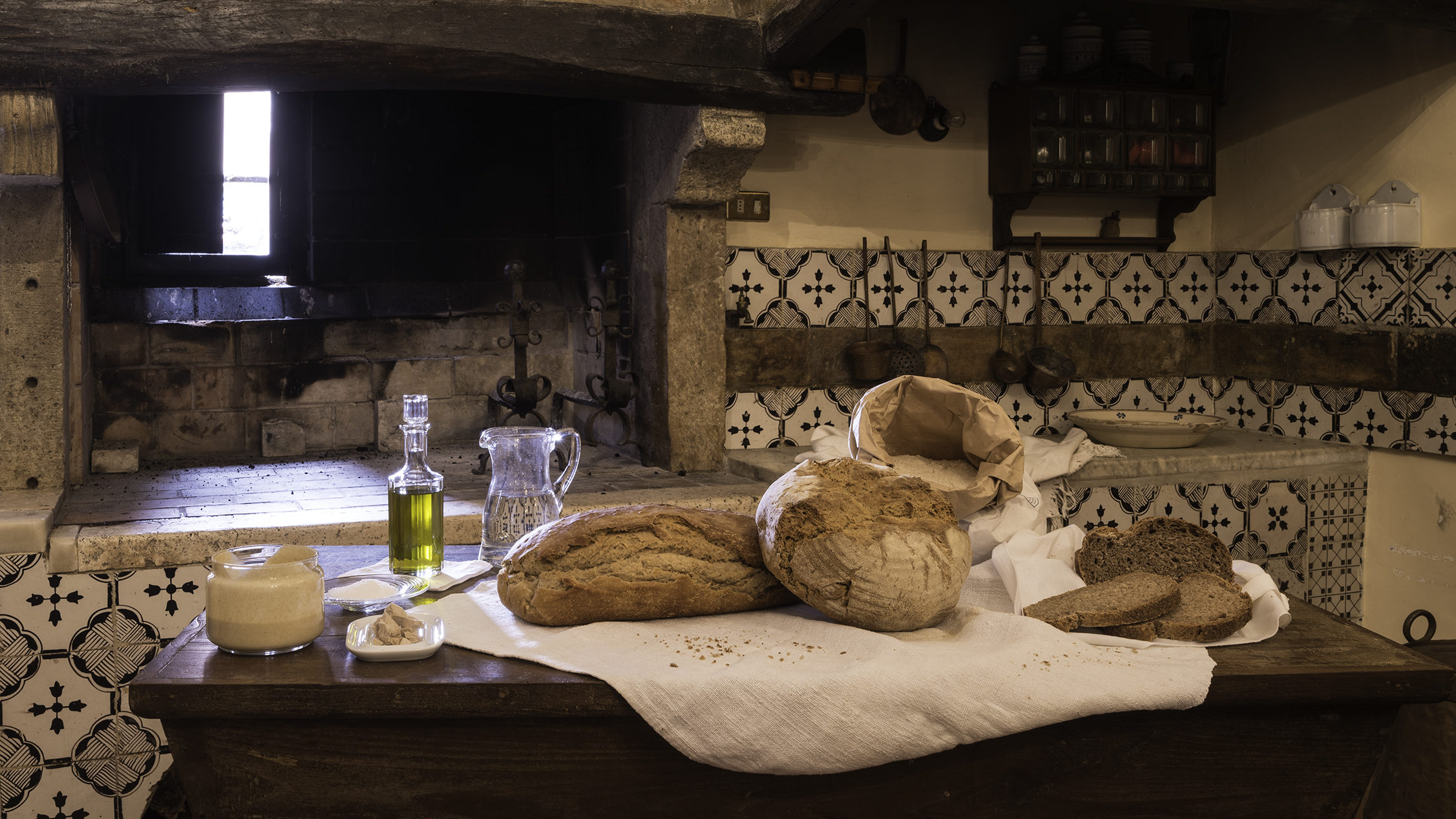Digestion of Gluten Peptides in the Large Intestine
It has been shown that removing gluten from the diet affects the composition of the bacterial community in the large bowel, where the undigested food in the small intestine and could be hydrolyzed by microbial metabolism, generating beneficial compounds for the host.
“Alimentary protein digestion followed by amino acid and peptide absorption in the small intestinal epithelium is considered an efficient process. Nevertheless, unabsorbed dietary proteins enter the human large intestine as a complex mixture of protein and peptides.53,63 The incomplete assimilation of some dietary proteins in the small intestine has been previously demonstrated, even with proteins that are known to be easily digested (e.g., egg protein).64,65 The high proline content of wheat gluten and related proteins renders these proteins resistant to complete digestion in the small intestine. As a result, many high molecular weight gluten oligopeptides arrive in the lower gastrointestinal tract.66 While gluten peptides pass through the large intestine, proteolytic bacteria could participate in the hydrolysis of these peptides. A recent study from our group has shown that some of the gluten ingested in the diet is not completely digested while passing through the gastrointestinal tract, and is consequently eliminated in feces.
Moreover, it has been shown that the amount of gluten peptides present in feces is proportional to the amount of gluten consumed in the diet. Therefore, several gluten peptides are resistant to both human and bacterial proteases in the gastrointestinal tract.66,67
The large intestine is the natural habitat for a large and dynamic bacterial community. Although the small intestine contains a significant density of living bacteria, the density in the large intestine is much higher. The large intestine has as many as 1011–1012 cells per gram of luminal content that belong to thousands of bacterial taxa. Furthermore, the large intestinal microbiota is extremely complex and performs specific tasks that are beneficial to the host.68–71 Among the important functions that the intestinal microbiota performs for the host are several metabolic functions.72 In contrast to the rapid passage of dietetic components through the small intestine, the transit of the luminal material through the large intestine is considerably slower. The longer transit time in the large intestine has been associated with important bacterial metabolic activity.53 Therefore, undigested food in the upper gut could be hydrolyzed by microbial metabolism in the large intestine, generating beneficial compounds for the host.
The resistance of gluten peptides to pancreatic and brush border enzymes allows large amounts of high molecular weight peptides to enter the lower gastrointestinal tract. Therefore, gluten peptides are available for microbial metabolism in the large intestine and could be important to the composition of the intestinal microbiota. It has been shown that removing gluten from the diet affects the composition of the bacterial community in the large bowel.78,79 De Palma et al.78 observed that healthy subjects who followed a gluten-free diet for 1 month had reduced fecal populations of Lactobacillus and Bifidobacterium, but the population of Enterobacteriae such as E. coli appeared to increase. Similar results were obtained in studies with CD patients. Treated CD patients also showed a reduction in the diversity of Lactobacillus and Bifidobacterium species.80,81Gluten Metabolism in Humans. Alberto Caminero, … Javier Casqueiro, in Wheat and Rice in Disease Prevention and Health, 2014”
